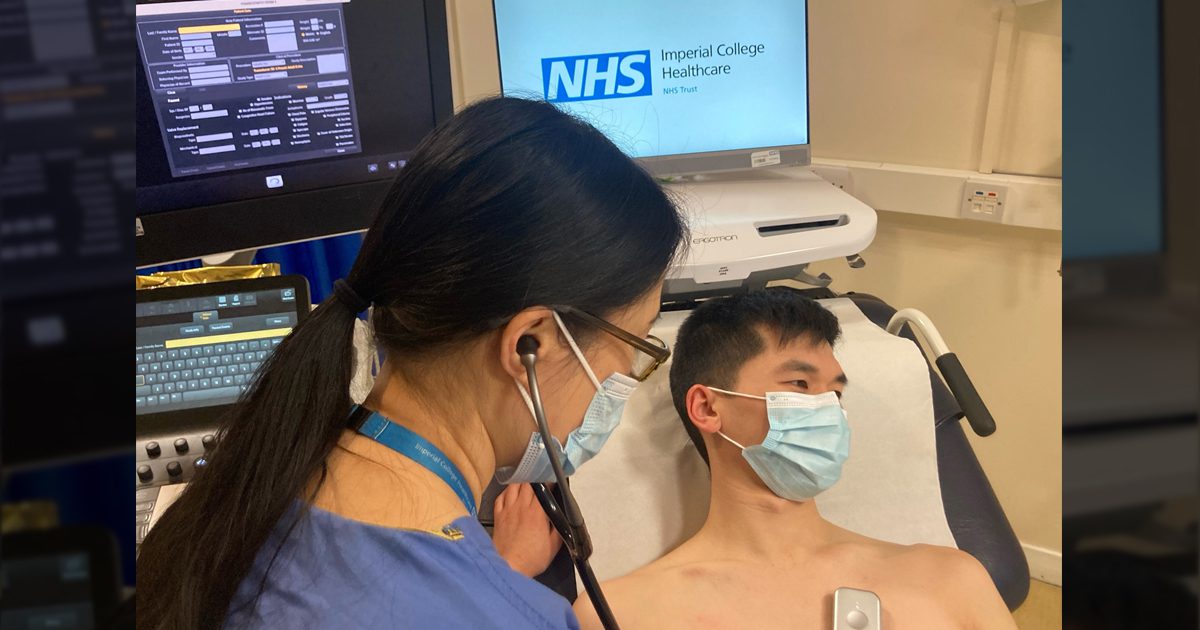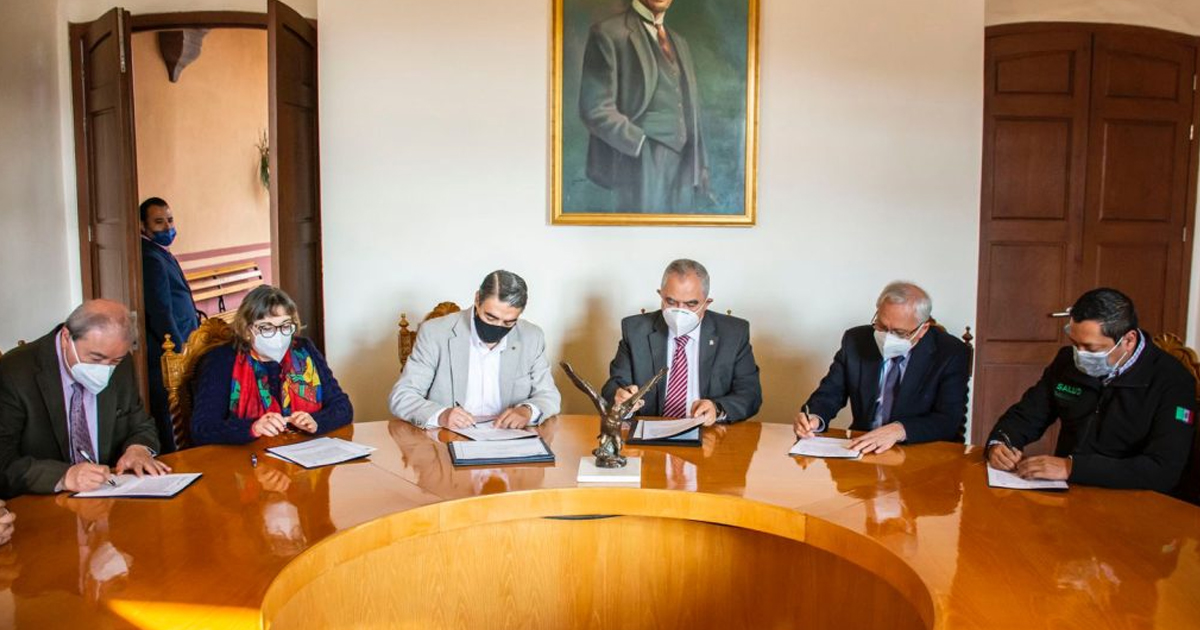Artificial Intelligence (AI) applied in a smart stethoscope could help doctors diagnose heart failure, according to a study published in The Lancet.
The study was titled “Point-of-care screening for heart failure with reduced ejection fraction using artificial intelligence during ECG-enabled stethoscope examination in London, UK: a prospective, observational, multicentre study,” and was published in The Lancet.
The study, conducted by scientists and medical researchers from the National Heart and Lung Institute and the Cardiac Engineering Center at Imperial College London, represents a step forward in improving the diagnosis of heart failure.
Heart failure is a condition in which the heart is unable to pump blood adequately and effectively. And in the ex officio case of the United Kingdom, this condition consumes 4% of the total budget of the National Health Service (NHS), so it is important to find new diagnostic methods.

In this sense, the study presents the use of a stethoscope with an AI system, called Eko DUO, which can record electrocardiograms (ECG) and heart sounds that, thanks to its technology, is capable of determining in 15 seconds if the pumping of the heart of the patient is weak. This is an automatic symptom for the diagnosis of heart failure.
The study involved 1,050 NHS patients from seven London locations. The study was able to measure a sensitivity of 91% and a specificity of 80% on the device, compared to diagnostic tests, which are often invasive and expensive.
"This superhuman ability to assess patients at any point of care, including GP surgery, may overcome the unacceptable reality that 80% of heart failure patients currently diagnosed through an emergency hospital admission," explained Dr. Dr. Patrik Bachtiger, the lead author of the study.
Likewise, the specialist also explained that current clinical methods miss a large number of patients who are not diagnosed until an advanced stage of the disease. "This tool can save time and money for the NHS and unlock important benefits for patients through early diagnosis and initiation of effective treatments."
In addition, this research was funded by the Artificial Intelligence in Health and Care Award from the NHSX, the NHS's best practice policy and technology development unit.
You can read the full study in the following link: https://www.thelancet.com/journals/landig/article/PIIS2589-7500(21)00256-9/fulltext#seccestitle150






